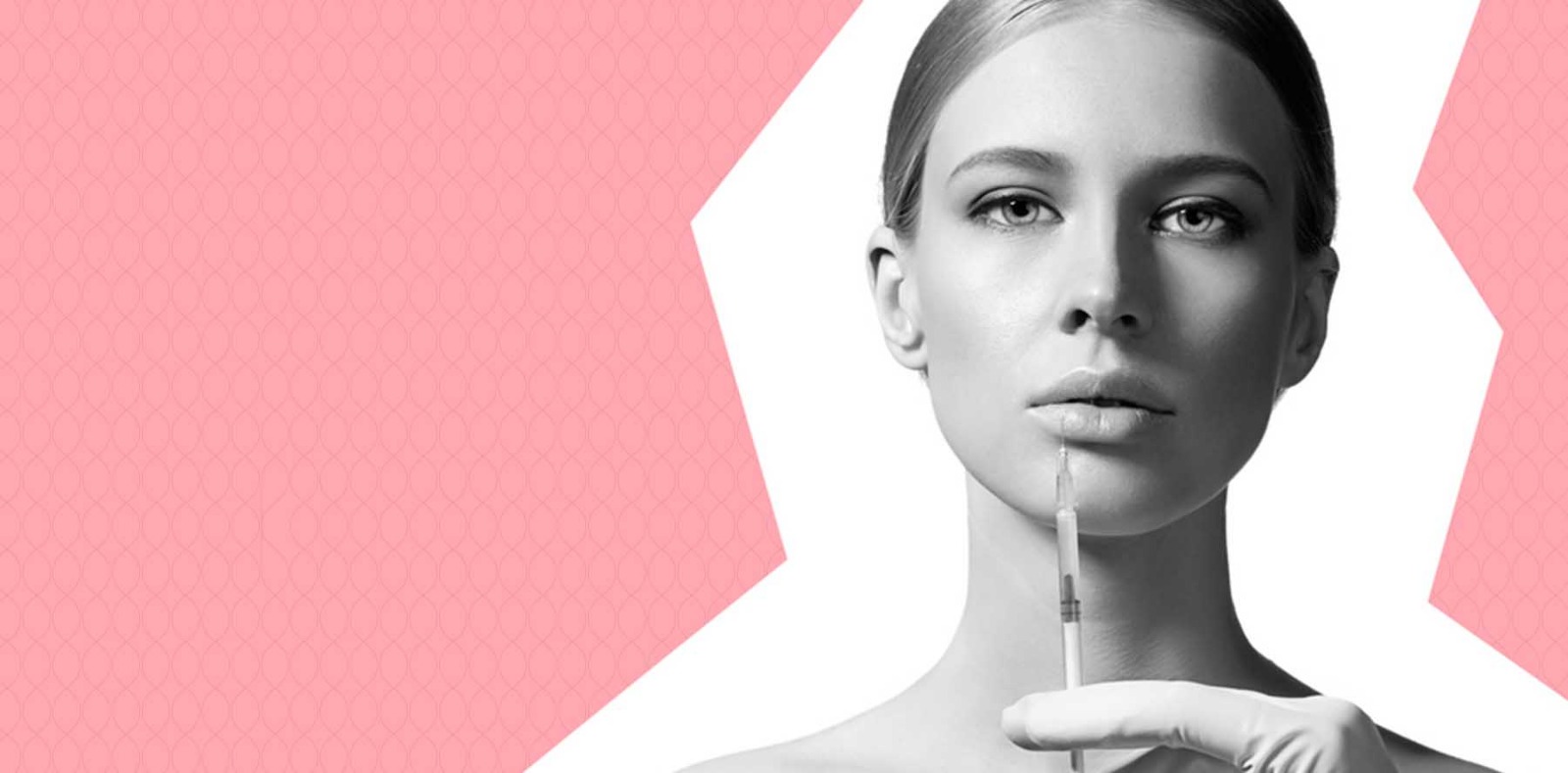
What is beauty? When you ask a person this question, it may be hard for them to give a precise answer. One may receive answers along the lines of “beauty is just beauty” or “you know, like girls with big eyes”. Despite the ambiguity and difficulty in coming up with a clear definition of beauty, everyone probably knows their own definition of beauty, disregarding the ability to put that feeling into words. Beauty, as abstract and vague as it is, has a profound impact on our society. As humans, we are drawn to things that are pleasing to the eye. We appreciate the wonders of nature and sophisticated architectural designs. We value beautiful objects whether consciously and unconsciously. It is because of this tendency of ours as humans to appreciate beauty that in turn, impact society as a whole, which can be at times, damaging.
Living in the digital age, our society has become increasingly dependent on technology, especially with the rise of smartphones and social media. Not surprisingly, beauty has also been entangled into media today, both in print and online. A simple walk down to the nearest bus stop, you may see large billboard signs of the latest movie featuring A-list actors or encounter a newsstand stocked with bright colored magazines of models smiling back at you. In both of these situations, they share a common similarity: a standard of beauty portrayed by media.

This standard of beauty also extends online to social media platforms as well. Through influencers on Instagram and face-editing apps, smartphones and social media hold a certain standard of beauty that many people feel the need to uphold to. On the surface level, these practices of editing minute imperfections on our bodies and faces may seem insignificant and harmless. But this ideology constantly reinforced by print and social media can have a big impact on society, as people constantly strive to achieve the unattainable standard of “beauty”. Beyond editing photos of oneself, some people might go to the length of physically altering their physical appearance — plastic surgery. I personally don’t believe plastic surgery should be seen in a negative light since some people do it for medical reasons or simply because it makes them happier, which is something we all should respect. However, I do believe that societal beauty standards undeniably further the use of plastic surgery. When plastic surgery becomes an obsession and is used extensively to achieve a certain look popularized by media, it becomes unhealthy and alarming. Though not everybody performs plastic surgery, most still feel burdened to look a certain way through makeup, editing apps, clothes, and more — to uphold that standard of beauty portrayed and strengthened by media.
Though there are standards of beauty in society, more and more people are realizing the subjective nature of beauty. Thus, the importance of beauty has been downplayed and more awareness of different ways to perceive beauty has been brought to light. Although the impact of beauty on society may not always be positive, the influence of beauty cannot be denied. Beauty is a form of aesthetic that greatly relates to our society, especially with the rise of social media. We are constantly exposed to images and videos of the ideal or “right” definition of beauty, but we should be aware that there is no correct definition of beauty — it lies in the eye of the beholder.